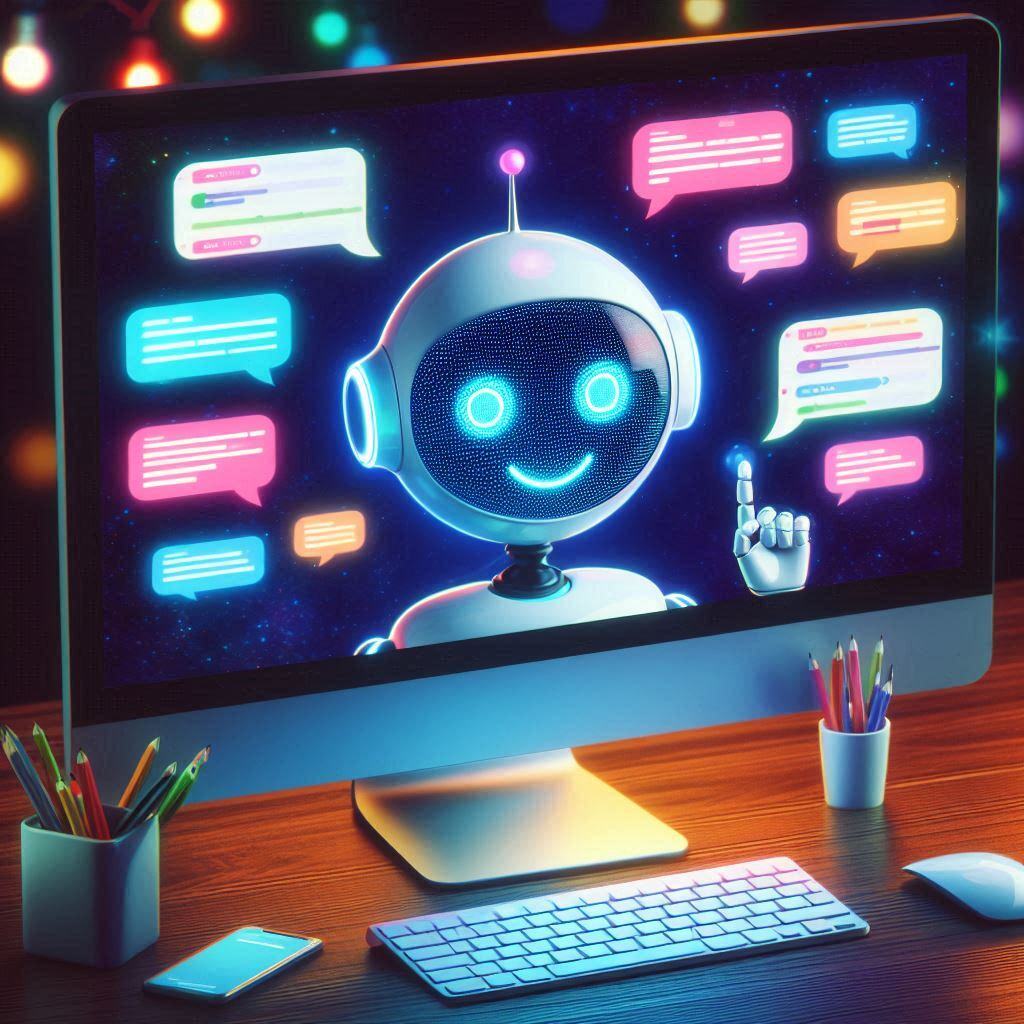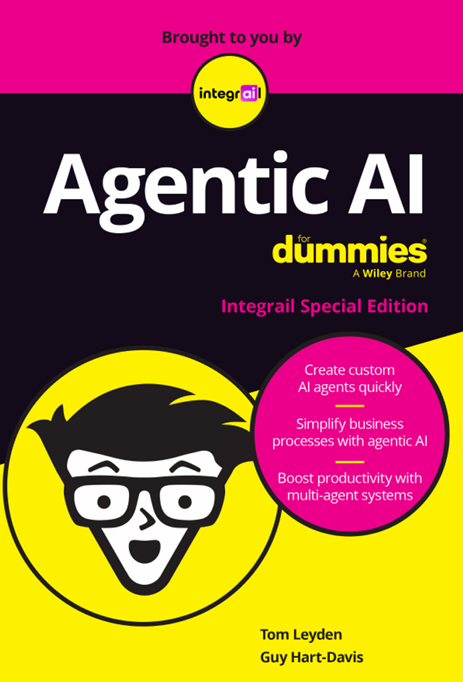Shadow AI: Boost Innovation While Managing Security Risks
Are you confident that your company has a complete grasp of the AI tools and technologies being used within its walls? The reality might surprise...
Discover how multi-agent workflows enhance efficiency and innovation in AI. Learn about their benefits and applications for AI builders and users.
Multi-agent workflows are revolutionizing artificial intelligence (AI), enabling complex problem-solving and operational efficiencies across various industries. This guide provides a comprehensive overview of multi-agent workflows, including real-world applications, challenges, and future trends, tailored for AI builders and users.
Multi-agent workflows consist of multiple autonomous AI agents collaborating to achieve complex goals. Each agent specializes in specific tasks, coordinating to optimize performance and ensure efficiency. This approach is ideal for handling large, intricate problems that single-agent systems cannot manage alone.
Challenges:
Future Trends:
Multi-agent workflows represent a significant leap forward in AI capabilities. By mastering the best practices outlined in this guide and leveraging available tools, you can unlock the full potential of this technology to tackle complex challenges, drive innovation, and create more intelligent, collaborative systems.
Explore Integrail: Visit Integrail to discover tools and resources that simplify creating and managing multi-agent workflows. Sign up for a free trial of Integrail Studio, join Integrail University to enhance your skills, and connect with our community of AI professionals. Start your journey towards AI innovation and operational excellence today.

Are you confident that your company has a complete grasp of the AI tools and technologies being used within its walls? The reality might surprise...

Conversational AI is reshaping the way we communicate, offering businesses a powerful tool to enhance customer interactions, streamline operations,...

If you’re hearing about Agentic AI and wondering what all the fuss is about, you’re not alone. It sounds complex, but here’s the good news: it’s...
Start your journey with Integrail

Try AI Studio by Integrail FREE and start building AI applications without coding.

NEW White Paper: Discover how AI Studio accelerates your workflows